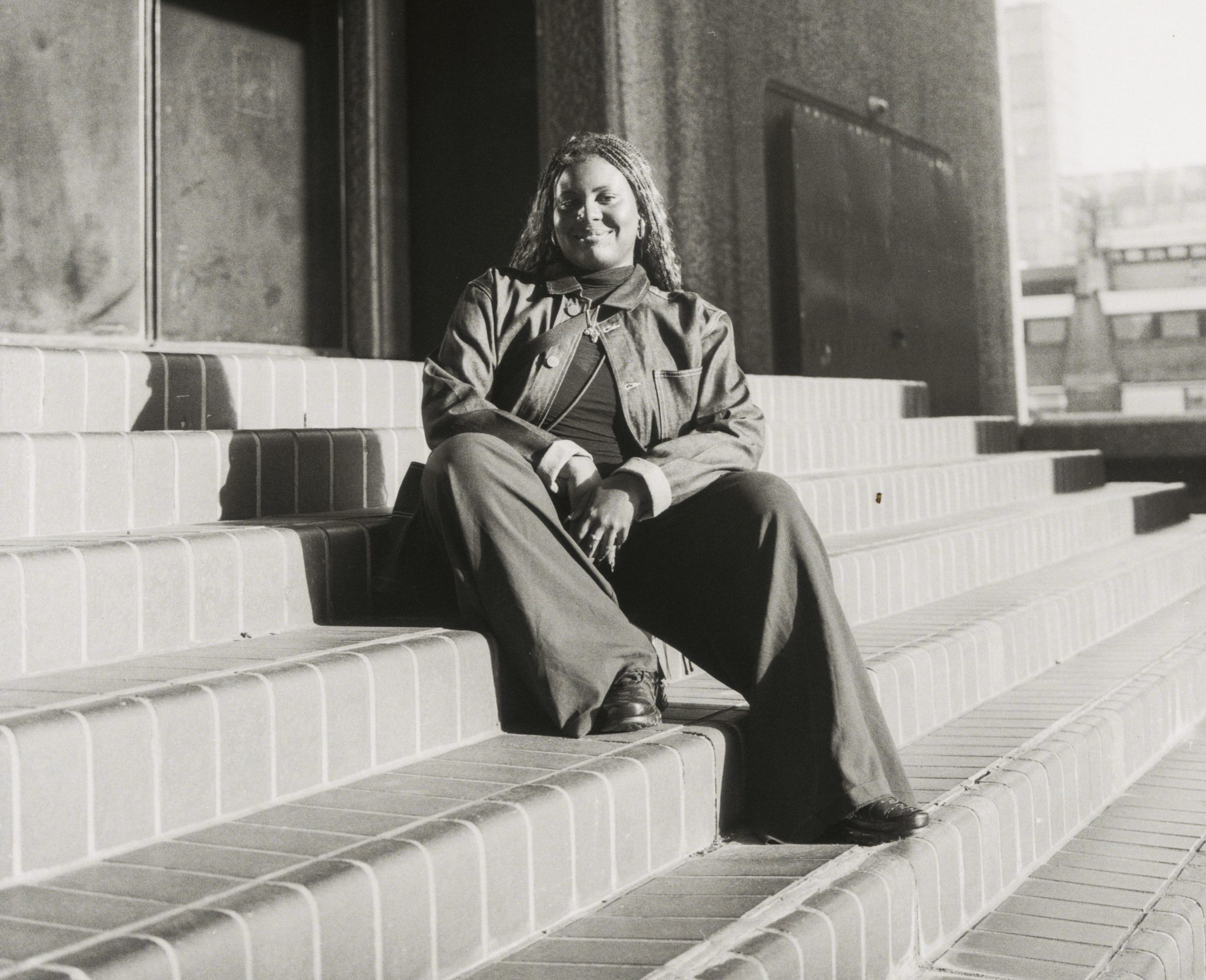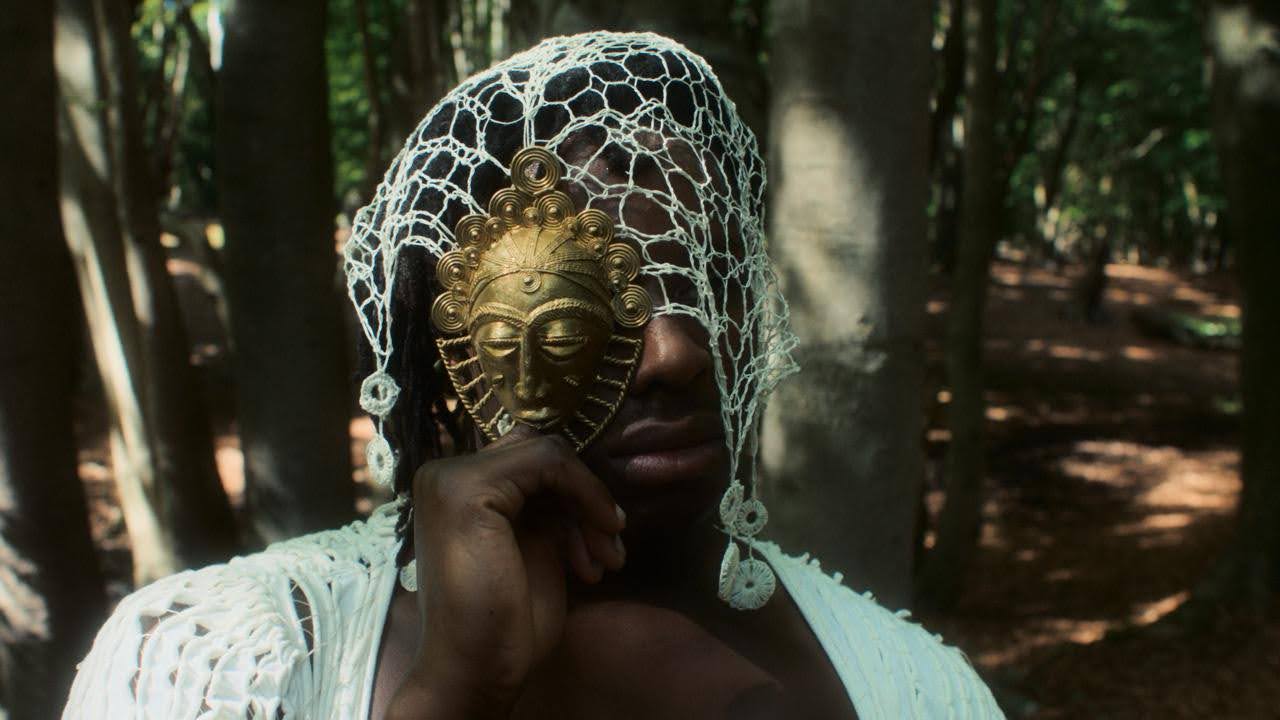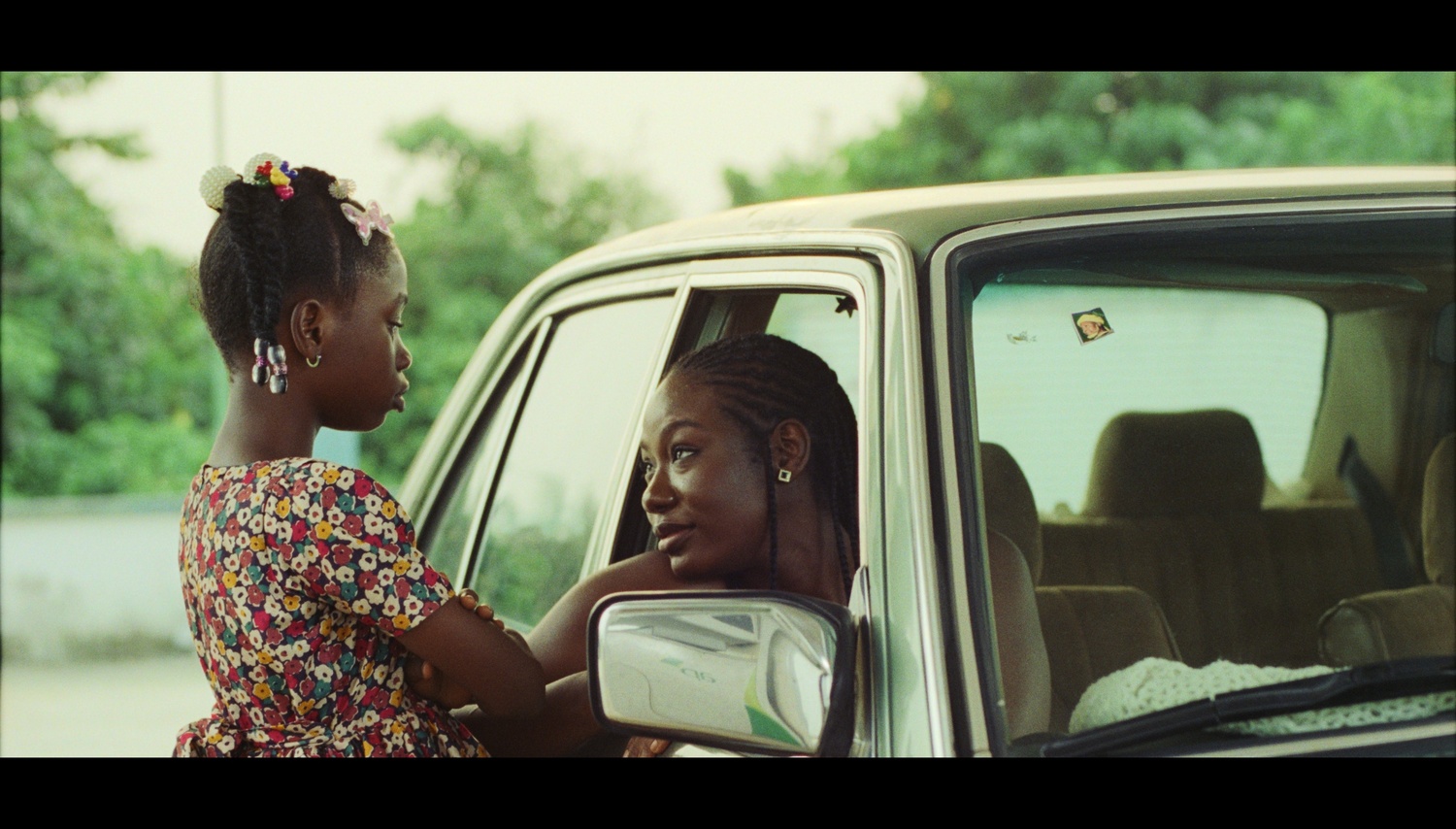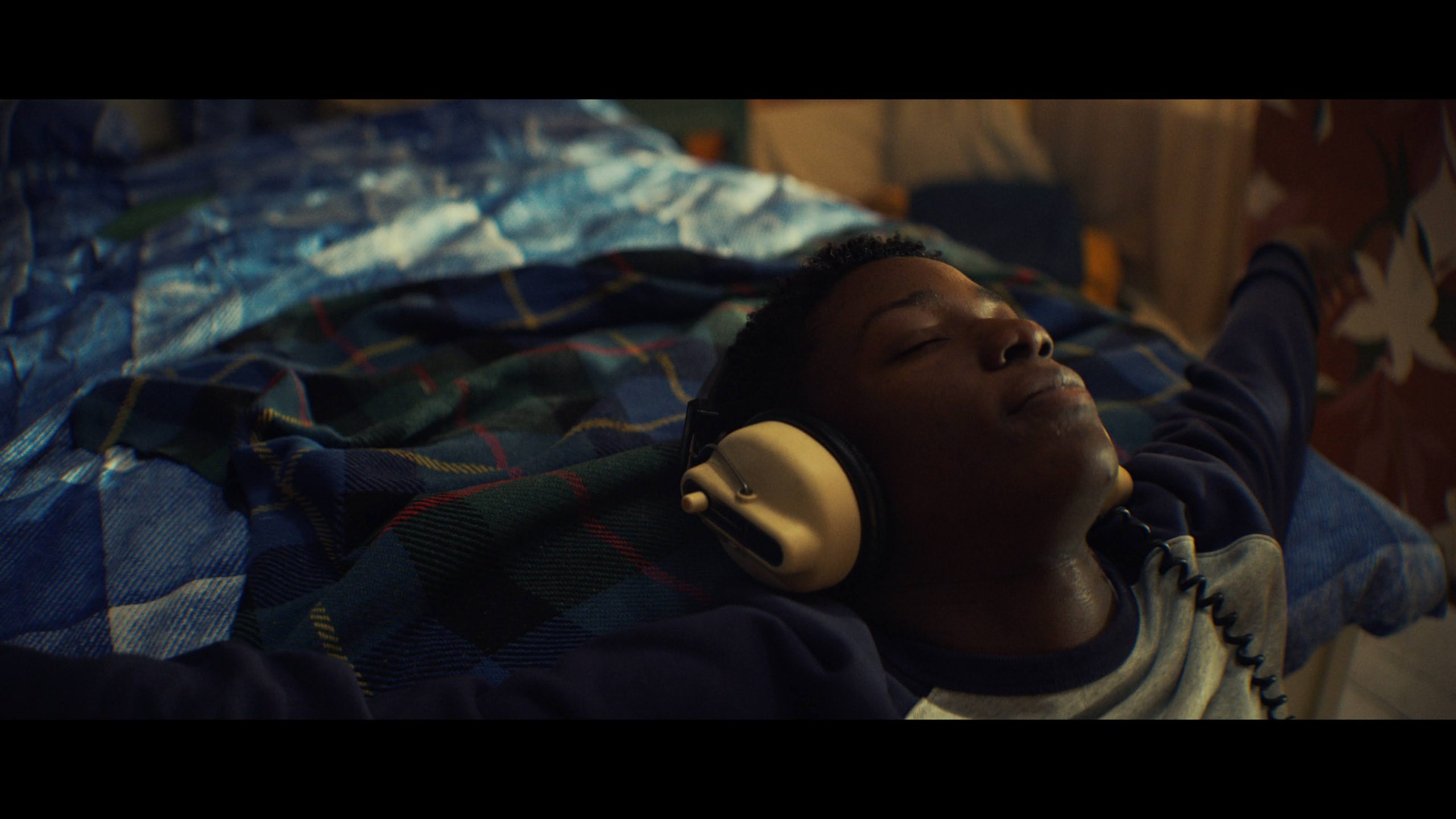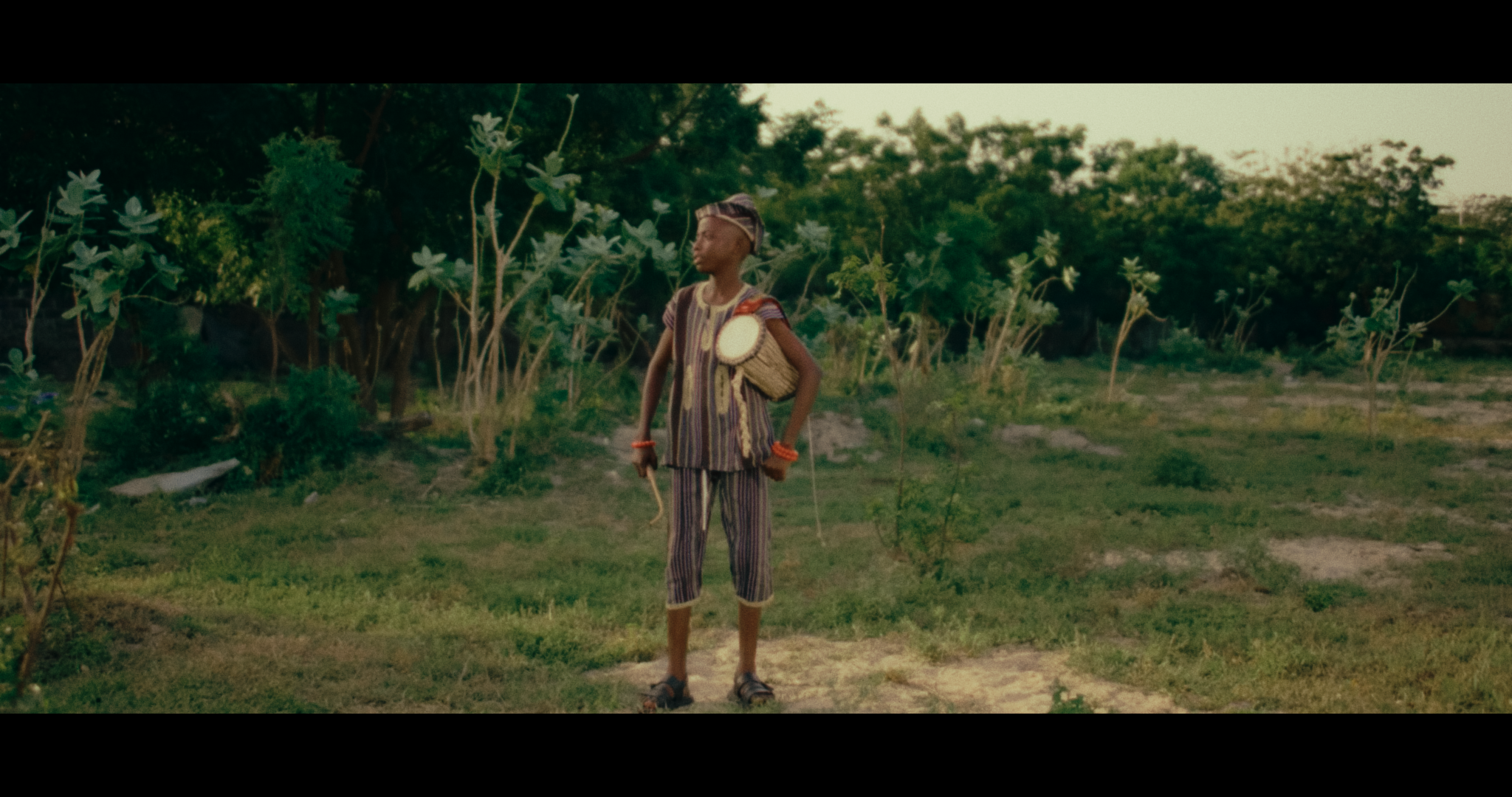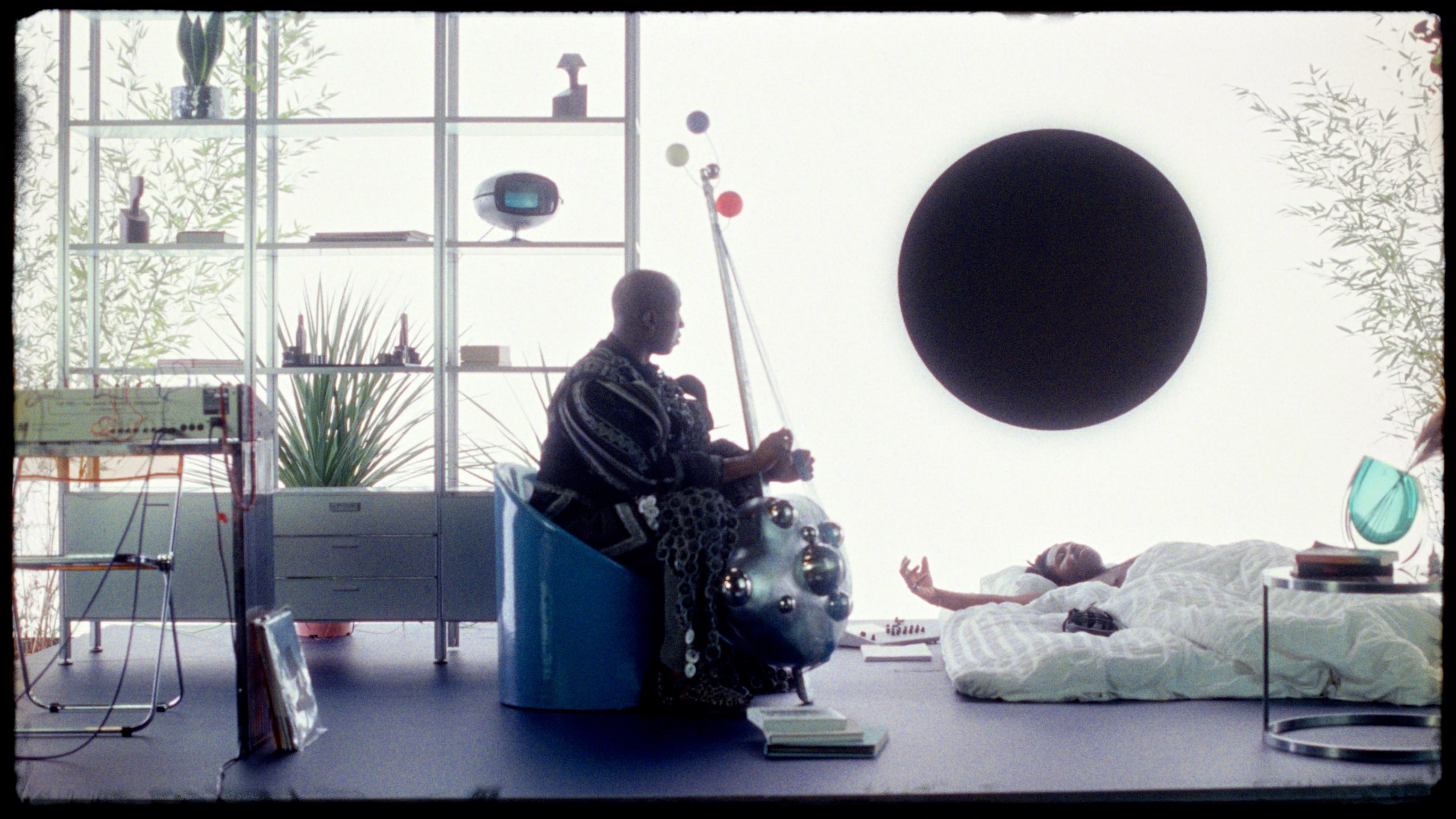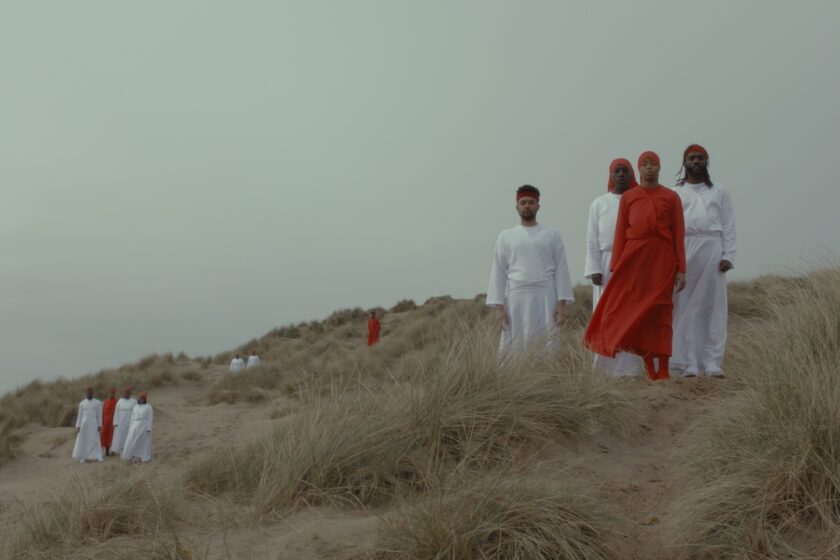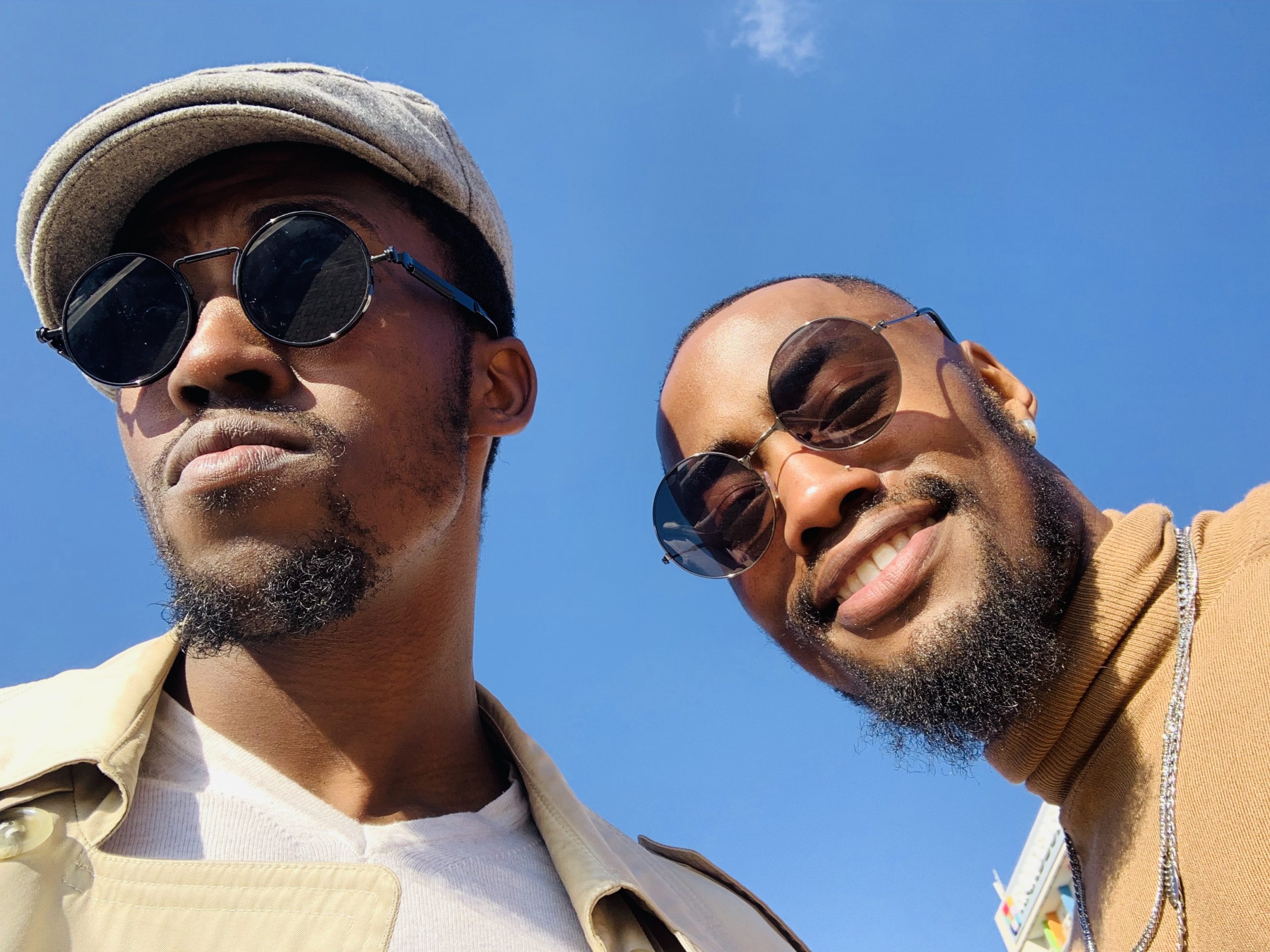Tell us a little about yourself...
I am a BAFTA-winning producer from London.
Most recently, I was an Associate Producer on Harry Lighton’s Cannes Un Certain Regard directorial debut PILLION(Element Pictures/BBC Film/BFI/Picturehouse) starring Harry Melling and Alexander Skarsgard, and am currently an Associate Producer on Philippa Lowthorpe’s adaptation of H IS FOR HAWK (Plan B Entertainment/Good Gate Media/Film4/Lionsgate), starring Claire Foy and Brendan Gleeson.
Through my genre-agnostic creative studio THEM ONES, which was a recipient of the 2025 BBC Small Indie Fund, I am developing several feature films with BBC Film, including a thriller written by Rye Lane star Vivian Oparah and a horror based on a Somali folktale, written by Kosar Ali.
I produced the Channel 4 miniseries HOW TO BE A PERSON, which won Best Short Form Programme at the 2023 BAFTA Television Awards, and in the same year, I was awarded the Netflix New Talent Award at the Women In Film & TV Awards, with previous recipients including Ambika Mod (One Day), Laurie Nunn (Sex Education) and Nicole Lecky (Mood).
I’ve been featured in Forbes’ 30 Under 30 – Europe – Art and Culture 2022 list, as well as being selected for the prestigious BAFTA Elevate programme and BFI’s NETWORK@LFF 2023 development programme.
I am a Trustee for National Youth Theatre and a Patron for Free Books Campaign.
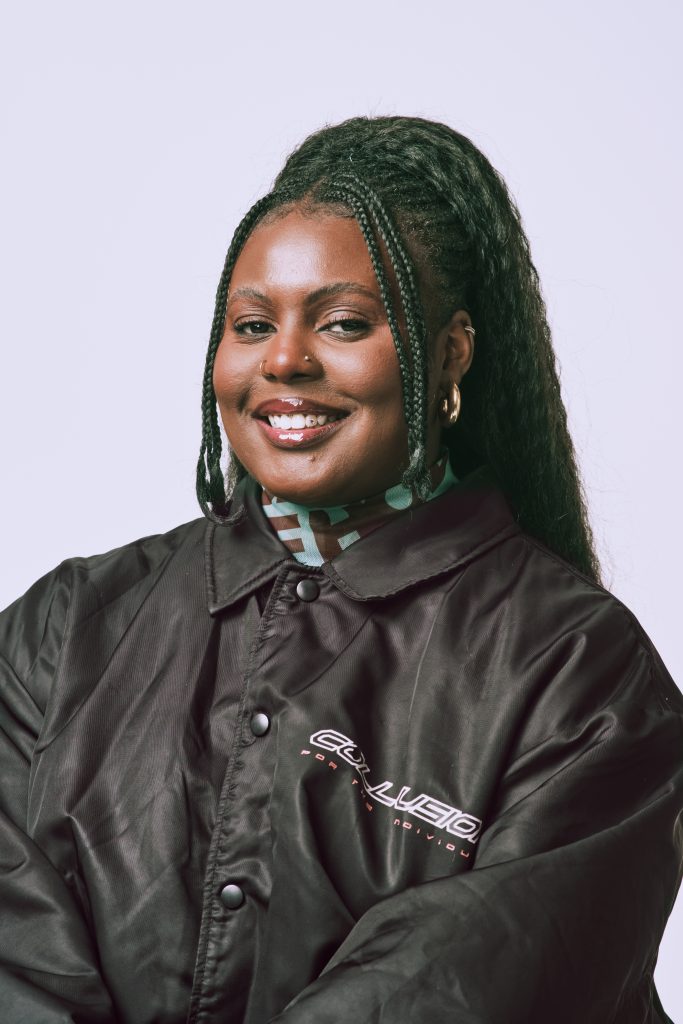
What inspired you to become a filmmaker, and how has your heritage influenced your work?
My parents wouldn’t necessarily call themselves storytellers, and I would really have to disagree with them. I feel like I grew up in a storytelling household, where oracy was the focal point of building our imaginations. My mum loves reading and that’s definitely something she’s passed on to me, too. Because of these factors, I can’t really imagine doing anything else.
I’ve always worked with stories across different mediums – theatre, poetry, music, live art, and community programmes. Moving image found its way to me through a visual artist and poet called Julianknxx, who I’ve had the pleasure of working with. This was probably the genesis of developing a filmic language off the stage/page and into a visual medium that still brought together all the art-forms I love.
I feel like his work is rooted in African oracy traditions through poetry, sound, colour and song, and this very much resonates with my upbringing. The work I produce tends to be vibrant, expressive, complex and loud, even in the silent moments. It is some of the things I love about our cultures.
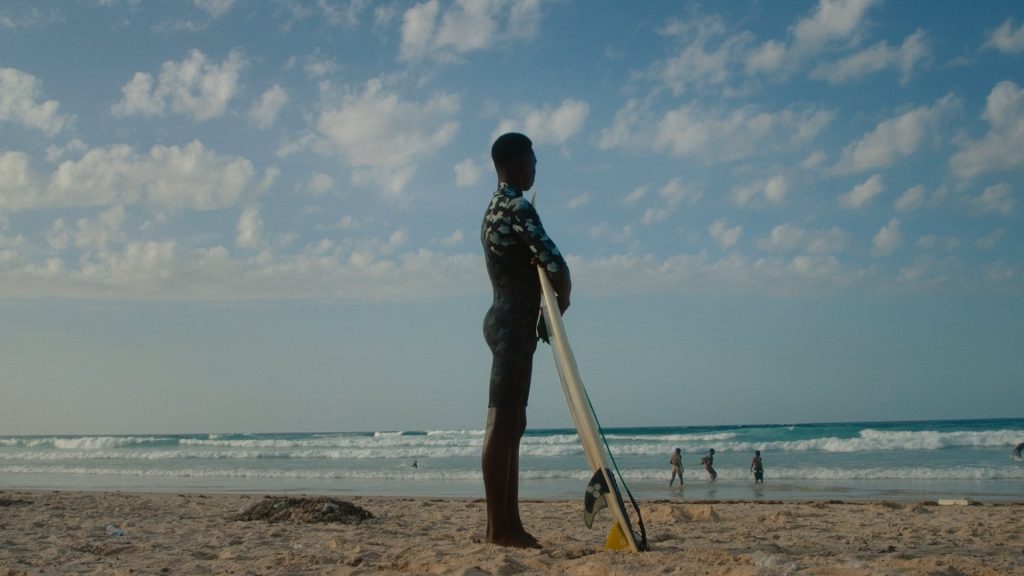
What challenges have you faced as a filmmaker of African origin, and how did you overcome them?
Being a young Black woman in this industry has had some people talking at me out of their necks. In some instances, I have really had to fight to be respected as a producer.
There’s a systemic misogynoir problem, and an immediate lack of respect old industry heads have for emerging talent, dressed up as some kind of rite of passage to prove your worth to the industry. I see it across all roles in film. Trainees are routinely treated terribly and told it’s the way the industry works, and they’ll either need to suck it up or leave.
People still expect producers to present a certain way or come from a particular background, and if you don’t match their assumptions, they question whether you actually know what you are doing. Ultimately, you have to start showing people that if they move mad, you can move madder.
I have zero tolerance for anyone trying to step onto my sets with that energy. I can only surround myself with good-hearted people who I’m aligned with ethically, morally, and humanly.
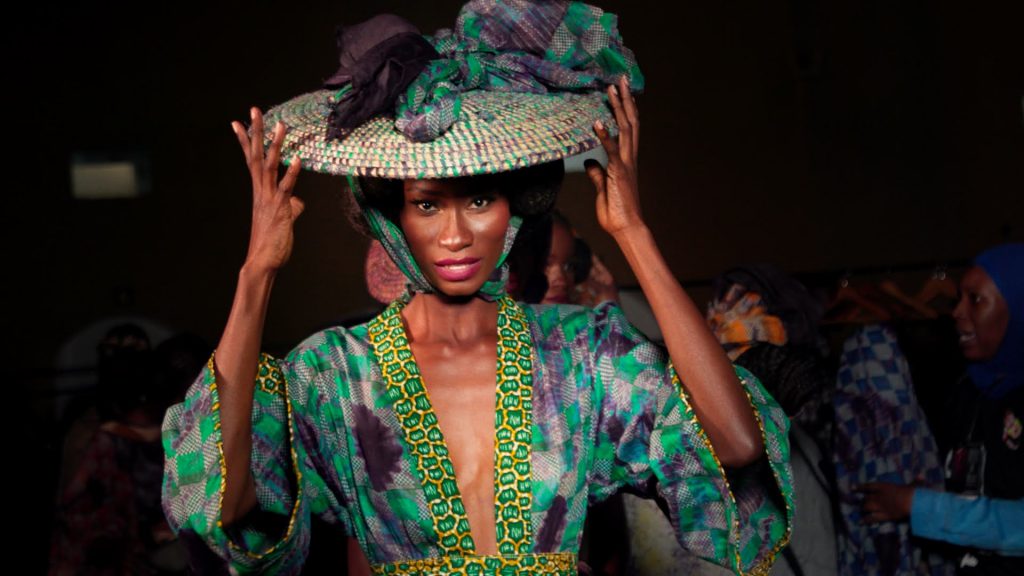
What advice would you give to aspiring African filmmakers aiming to share their stories on a global stage?
Please, for the love of God, put your work out there. Don’t have it sitting on a hard drive for a decade because you’ve somehow decided that it isn’t good enough.
Share your work and your process, and invite people onto that journey with you. I think being able to map the processes and development of artists is what helps us to build our taste and become better artists* too (*producers are included in the term ‘artist’ here, as well as critics and anyone behind-the-scenes!).

